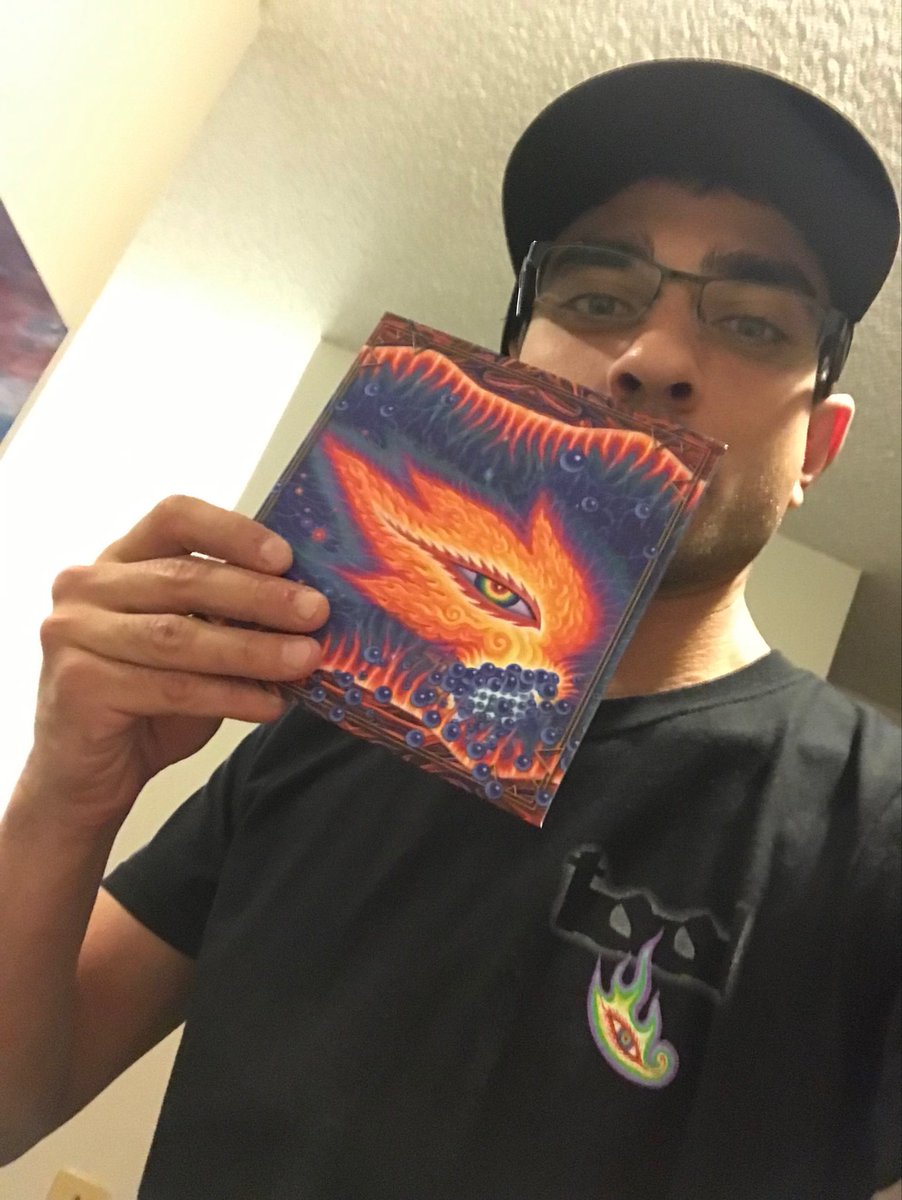The collection (yeah I don’t have Undertow because I’m not a big fan and I would argue it was Tool before Tool was truly *Tool*) 

• • •
Missing some Tweet in this thread? You can try to
force a refresh







